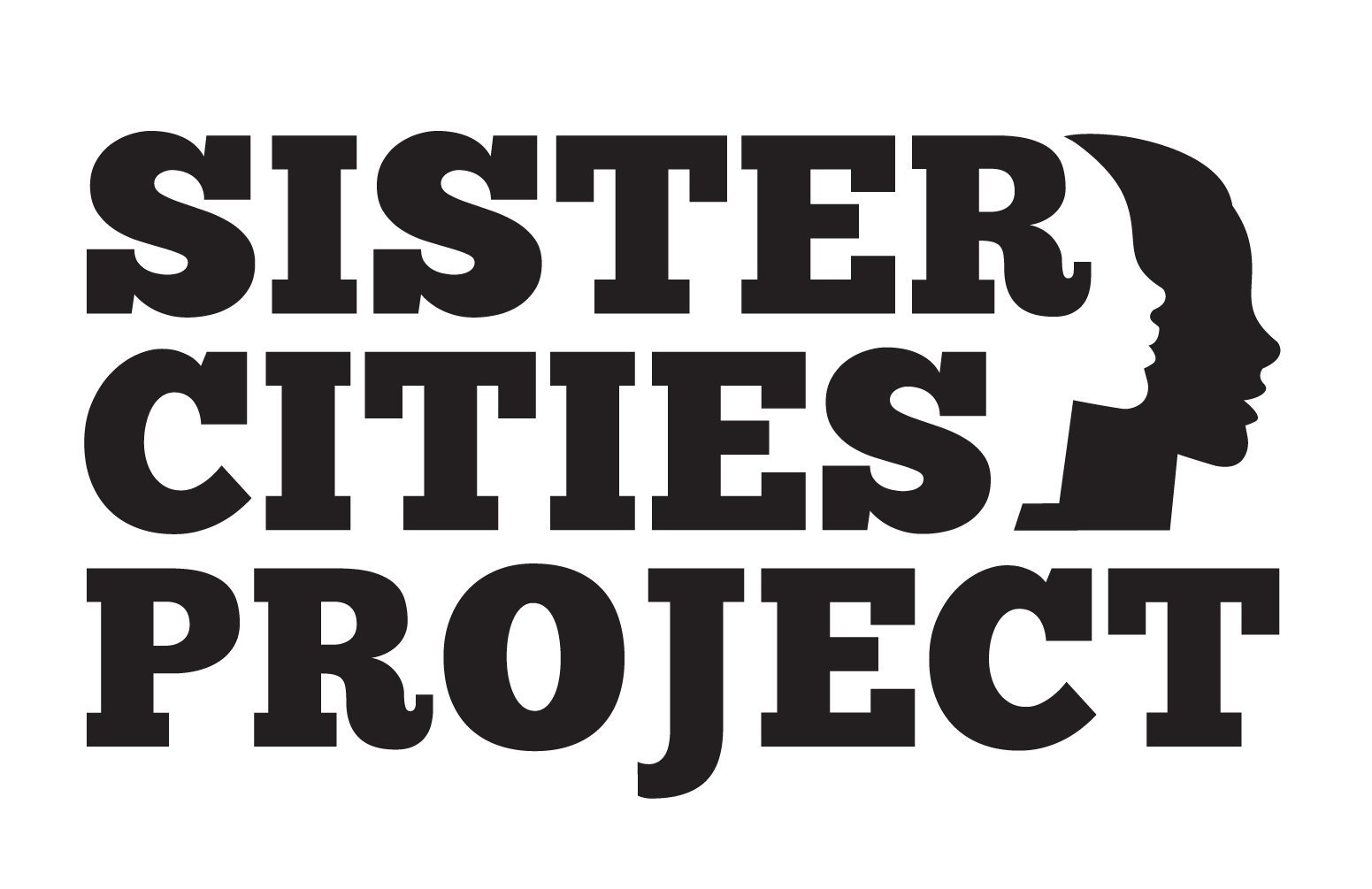Join me on a journey that unravels the core of the Sister Cities Project—a venture ignited by personal experiences, fueled by an unwavering commitment to change, and now standing at the crossroads, urging for sustainable support.
It all started in an all-White kindergarten in Lakewood, California. Picture this: I, Shawn McClondon, was the lone Black student amidst a sea of White faces. Driven by love, my mother orchestrated a unique upbringing, shuttling me between predominantly Black and minority communities to all-White environments. This unconventional childhood became the crucible for understanding the intricate dynamics of racial relationships.
The spark that birthed Sister Cities Project was the gut-wrenching incident involving George Floyd. While national discussions clamored for systemic changes, policies, and laws, I saw a deeper issue—an ailing relationship between Black and White communities. This gap, compounded by a lack of true understanding between diverse communities and Black and White individuals, demanded our attention. It’s about tearing down misconceptions and fostering genuine connections that bridge the gap, rebuilding this relationship from the ground up.
Imagine a courtroom—a White judge, a Black man. The judge’s treatment hinges on whether positive experiences, or a lack thereof, with Black individuals color his perceptions. This isn’t a hypothetical. It’s a stark reality, illustrating the impact of implicit biases and the need for a true understanding between Black and White people.
Our focus areas—workforce development, business growth, and community connections—form an ecosystem designed for racial and economic equity. Yet, here lies the crux: Sister Cities Project, a 100% volunteer-fueled nonprofit, stands at a pivotal juncture, yearning for sustainable funding.
In our early stages, we achieved significant milestones. Notably, Sister Cities Project didn’t just survive but thrived during the challenging times of COVID-19. Over three years, we hosted 32 EcoExchanges and around 50 events—an unheard-of feat for a nonprofit of our age. This unwavering dedication amid a global pandemic underscores our commitment to fostering connections.
Furthermore, the majority of funds raised were funneled directly back into the communities we serve. This isn’t just rhetoric; it’s tangible action making a real impact on people in the communities that need it the most.
Yet, the looming reality of the nonprofit industrial complex prevails. The broken, biased system often directs transformative funds to a select few, leaving communities like ours grappling for recognition and resources.
Sister Cities Project isn’t just a dream; it’s a commitment to honor my mother’s legacy and confront systemic issues. It’s about forging a fair and equitable system where resources reach those who need them most.
Over the existence of Sister Cities Project, many have questioned our focus solely on the relationship between Black and White people. In response, I clarify that this focus is unique to the United States due to its history of slavery. Slavery, coupled with systemic racism that persisted after its abolition, continues to affect Black people today. We understand there are disputes, but we assert the truth. Another reason for this focus is that other groups are already advocating for their communities. In America, when Black people make strides, other groups sometimes seek to divert or dilute our specific fight, pressuring us to expand it. We believe that achieving true equality for Black people in America will positively impact every oppressed group. Bringing White people along in this fight is crucial, as breaking the system of oppression requires the involvement of those who created it, as exemplified by the judge scenario and other instances between Black and White people.
In our audacious mission statement, we claim to want to end racism. Here’s how: I can share 30 stories, or more, from our work—organic relationships between individuals, mostly White and Black, who’ve become friends, engaged in business activities, or simply supported each other due to having a better understanding. We believe that by creating 30 or more stories in every major city in the United States through the expansion of Sister Cities Project, a ripple effect will instigate even greater change.
The invitation beckons. Will you join us on this extraordinary path toward a brighter tomorrow?


No Comments